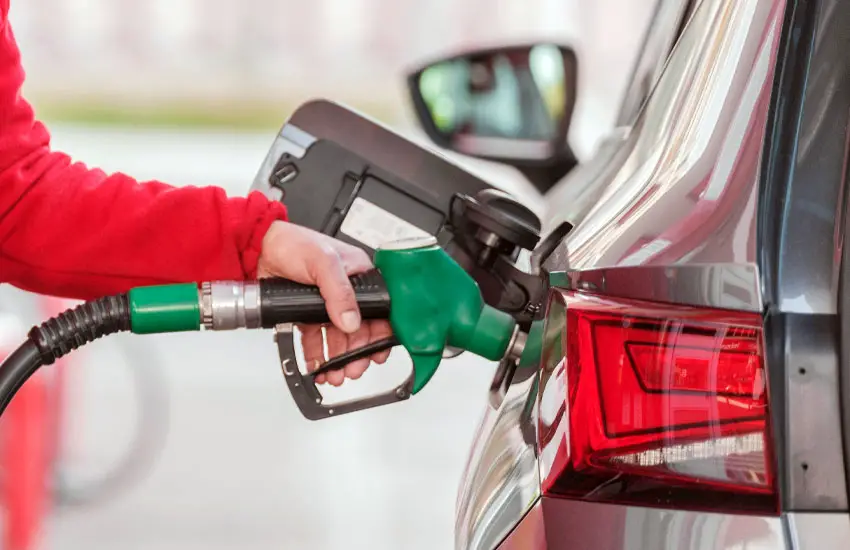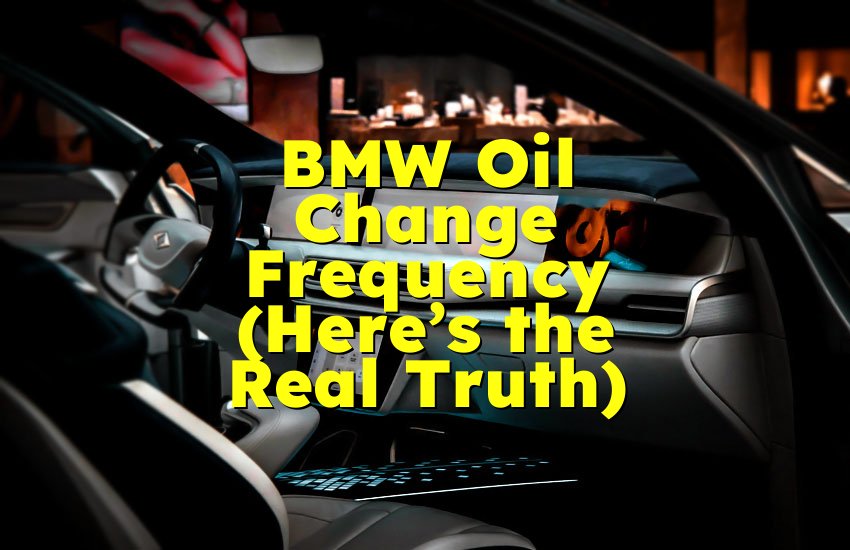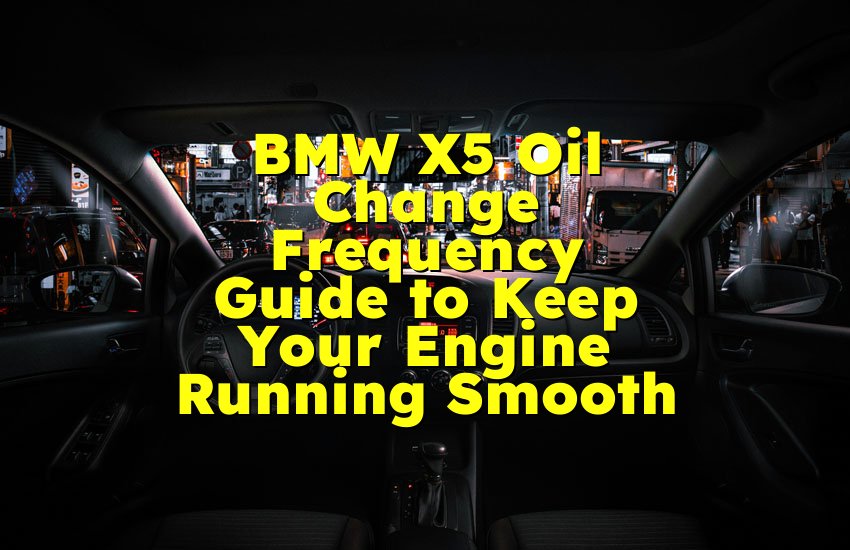As an Amazon Associate, I earn from qualifying purchases at no extra cost to you.
Can You Mix Ethanol And Non Ethanol Gas in Car?
If you’ve ever wondered about the difference between ethanol and non-ethanol gas, you’re not alone. As fuel prices continue to rise and fuel options diversify, more and more drivers are left asking the question: “Can you mix ethanol and non-ethanol gas in a car?” It seems like a simple question, but there are a lot of factors to consider when it comes to fuel choice and engine performance. In this blog post, we'll break down everything you need to know about mixing ethanol and non-ethanol gas, and how it could affect your car’s engine in the long run.

What is Ethanol Gasoline?
Ethanol is an alcohol-based fuel typically made from corn or other plant materials through a fermentation process. In many parts of the world, ethanol is added to gasoline to reduce pollution and promote the use of renewable energy sources. In the United States, it’s common to find gasoline blends with up to 10% ethanol, labeled as E10, and sometimes even more, with E15 (15% ethanol) and E85 (85% ethanol) blends available for specific types of vehicles.
The main reason ethanol is mixed with gasoline is to reduce the reliance on fossil fuels. It helps reduce emissions and enhances the fuel's performance in terms of combustion efficiency. Ethanol also has a higher oxygen content than regular gasoline, which means that it burns cleaner and produces fewer harmful exhaust gases. But as beneficial as it may seem, ethanol also has some downsides.
One of the biggest challenges with ethanol-blended fuel is its tendency to absorb moisture from the air. This can lead to water contamination in the fuel system, which may cause corrosion, rust, or even engine misfires. Additionally, ethanol tends to have a lower energy content than pure gasoline, which can result in slightly reduced fuel economy.
What is Non-Ethanol Gasoline?
Non-ethanol gasoline, on the other hand, is simply pure gasoline that doesn’t contain any ethanol. This type of fuel is typically used in older vehicles, small engines like lawnmowers or boats, and vehicles that are specifically designed to run on pure gasoline. It is also commonly used in high-performance vehicles and motorsports, where fuel purity is essential to maximizing engine efficiency and performance.
Unlike ethanol gasoline, non-ethanol fuel doesn't have the potential for absorbing water from the air. It also provides better fuel economy compared to ethanol blends because it has a higher energy content. However, non-ethanol gasoline is not without its drawbacks. It tends to be more expensive than ethanol-blended gasoline, and its use doesn’t provide the same environmental benefits, as it is derived from non-renewable sources.
Can You Mix Ethanol and Non-Ethanol Gas in a Car?
Now, to address the heart of the matter: Can you mix ethanol and non-ethanol gas in a car? The short answer is yes, you can mix them, but there are some important things to keep in mind before you decide to do so.
When you mix ethanol with non-ethanol gasoline, you essentially create a fuel blend with a lower ethanol content than the original ethanol-blended fuel. This could have several consequences for your car's engine. While most modern vehicles are designed to run on ethanol-blended fuels, mixing these two types of fuel can affect the engine’s performance, fuel efficiency, and even long-term reliability.
The Impact of Mixing Ethanol and Non-Ethanol Gas on Your Car’s Engine
When you combine ethanol and non-ethanol gasoline, you dilute the ethanol concentration. For instance, if your vehicle is designed to run on E10 (which contains 10% ethanol), but you mix in a full tank of non-ethanol gasoline, the resulting mixture will have less than 10% ethanol. This lower ethanol content could impact your car in a few ways.
First, most modern cars are designed to handle small amounts of ethanol, and the engine management system is calibrated for such fuel. Mixing ethanol and non-ethanol gas may disrupt the engine’s fuel mixture and combustion process. If the ethanol content drops too low, the engine may not run as efficiently, and you might experience a reduction in performance, especially if your vehicle has been optimized for ethanol fuel.
Second, cars designed to run on E85 (which contains 85% ethanol) may be more susceptible to engine problems when non-ethanol gasoline is added. These vehicles rely heavily on ethanol for their performance and fuel efficiency, and diluting the ethanol content can result in poor combustion, lower horsepower, and worse fuel economy. Additionally, using a lower ethanol blend could cause some engines to run too hot or result in knocking or pinging, which can be damaging over time.
Another potential issue with mixing ethanol and non-ethanol gasoline is the long-term impact on your car's fuel system. Over time, ethanol can cause rubber seals, gaskets, and other parts of the fuel system to degrade or deteriorate. While non-ethanol gas doesn't have this same problem, mixing the two can lead to uneven wear on different parts of the system, potentially causing issues down the road.
What Happens to Fuel Efficiency When You Mix Ethanol and Non-Ethanol Gas?
The most immediate effect of mixing ethanol and non-ethanol gas is the change in your car's fuel efficiency. Ethanol has a lower energy content than pure gasoline, so adding it to non-ethanol gasoline means you'll likely get fewer miles per gallon (MPG). However, the extent to which this happens depends on the ratio of ethanol to non-ethanol gas in the mixture.
For instance, if you mix a gallon of non-ethanol gasoline with a gallon of E10 (10% ethanol), the resulting fuel blend will have only 5% ethanol. In this case, the reduction in fuel efficiency may be minimal and might not be noticeable. But if you mix E85 with non-ethanol gas, the reduction in fuel efficiency could be much more significant.
The best way to ensure that you maintain optimal fuel efficiency is to stick with the type of fuel that your vehicle's manufacturer recommends. If your car is designed to run on ethanol-blended fuel, it’s best to continue using it, as your car's engine management system is optimized for this type of fuel. However, if your car runs on non-ethanol gasoline, it's best not to mix in ethanol at all, as it could result in poor performance and reduced fuel economy.
The Risks and Benefits of Mixing Ethanol and Non-Ethanol Gas
Mixing ethanol and non-ethanol gasoline has both potential risks and benefits. Let's take a closer look at both.
Risks:
- Engine Performance: As discussed earlier, mixing ethanol and non-ethanol fuel can reduce engine performance, especially if your vehicle is designed to run on a specific ethanol blend.
- Fuel System Damage: Over time, the presence of ethanol in the fuel could cause degradation of certain parts of your fuel system, including rubber seals and gaskets.
- Reduced Fuel Economy: Ethanol has a lower energy content than pure gasoline, which means you may experience a decrease in fuel economy if you mix these fuels.
- Fuel Contamination: Ethanol is hygroscopic, meaning it attracts moisture. Mixing ethanol with non-ethanol gas may cause moisture buildup in the fuel system, leading to potential rust or corrosion.
Benefits:
- Cost Savings: Non-ethanol gasoline is often more expensive than ethanol-blended fuels, so mixing the two could potentially help reduce fuel costs in some situations.
- Cleaner Combustion: Ethanol is a cleaner-burning fuel than pure gasoline, which may result in slightly cleaner emissions if used in the right blend.
- Better for Small Engines: Some small engines, such as those in lawnmowers or boats, may run more smoothly with a non-ethanol gasoline blend mixed with a small amount of ethanol.
How to Avoid Problems When Mixing Ethanol and Non-Ethanol Gas
If you do decide to mix ethanol and non-ethanol gas in your vehicle, there are a few steps you can take to minimize potential issues.
- Check Your Owner’s Manual: Before mixing fuels, always check your car's owner's manual to understand the recommended fuel types and blends for your vehicle. If your vehicle is designed to run on E10 or E15, it's usually safe to use these ethanol blends without worry. But if your car is designed to run on pure gasoline, avoid mixing in ethanol.
- Avoid High Percentages of Ethanol: If you do mix ethanol and non-ethanol gas, try to keep the ethanol content below 10% (E10). Mixing higher concentrations of ethanol with non-ethanol gas could cause performance problems and reduce fuel efficiency.
- Use Fuel Additives: If you frequently mix ethanol and non-ethanol fuels, consider using a fuel stabilizer or additive that helps prevent moisture buildup in the fuel system. This can reduce the chances of rust or corrosion developing in the engine over time.
- Keep Your Tank Full: Try to keep your gas tank as full as possible to prevent air from entering the tank and causing moisture to condense in the fuel. This is especially important if you live in an area with high humidity.
While you can technically mix ethanol and non-ethanol gasoline in your car, it's important to be aware of the potential risks and impacts on your vehicle's performance and fuel efficiency. Always check your car's manual for the recommended fuel type, and try to avoid mixing large amounts of ethanol with non-ethanol gas. When in doubt, sticking to the fuel your car was designed to use is the best way to ensure long-term engine health and optimal performance.
Are These Questions in Your Mind?
Is it bad to mix ethanol and non-ethanol gas?
Mixing ethanol and non-ethanol gasoline in small amounts may not cause immediate harm, but over time, it could reduce engine performance, efficiency, and possibly cause damage to fuel system components.
Can I mix E10 with non-ethanol gas?
Yes, you can mix E10 (gasoline with 10% ethanol) with non-ethanol gas, but the resulting blend will have a lower ethanol content, which could affect performance depending on your car's engine design.
Do I need to worry about the ethanol content in gas?
Yes, if your vehicle is designed to run on non-ethanol gasoline or higher ethanol blends, mixing these fuels could lead to performance issues, reduced fuel economy, and potential damage to the fuel system.
Is it safe to use non-ethanol gas in a modern car?
Non-ethanol gasoline can be used in modern cars, but most vehicles are designed to run on ethanol-blended fuels. If your car uses E10 or higher, it's better to stick with ethanol-containing gasoline for optimal engine performance.
Can mixing ethanol and non-ethanol gas cause my car to run rough?
Yes, mixing these fuels could lead to poor combustion and cause your car to run rough, especially if the ethanol content is reduced too much for your engine's design.
Do I lose fuel efficiency when using ethanol in my car?
Yes, ethanol has a lower energy content than gasoline, so using higher ethanol blends like E15 or E85 can result in lower fuel efficiency compared to non-ethanol gas.
Can mixing ethanol and non-ethanol gas cause damage to my engine?
Over time, mixing ethanol and non-ethanol fuel can cause wear on the fuel system components, especially in engines designed to run on pure gasoline or higher ethanol blends.
Is it better to use ethanol-free gasoline for my car?
If your car is older or has specific fuel system components that are sensitive to ethanol, using ethanol-free gasoline may be a better option. However, most modern cars are designed to handle ethanol blends.
Can I use E85 in my car that requires regular gasoline?
No, E85 is a high-ethanol fuel designed for flex-fuel vehicles, and using it in a car that requires regular gasoline could cause damage to the engine or fuel system.
Do I need to change anything in my car's fuel system if I use ethanol-free gasoline?
For most vehicles, no modifications are needed. However, it's important to ensure that the fuel you use matches the specifications outlined in your car's owner's manual to prevent performance issues.











